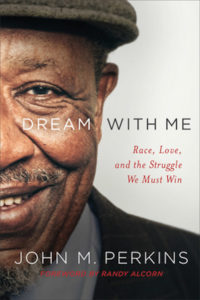 An excerpt from Dream with Me: Race, Love, and the Struggle We Must Win
An excerpt from Dream with Me: Race, Love, and the Struggle We Must Win
A trailblazer in the Civil Rights Movement, John M. Perkins remains a leading voice at the forefront of racial reconciliation. In his newest release, Dream with Me (Baker Books, 2017), Perkins uses raw, personal stories spanning from the civil rights era to today to call us to work for justice by living out God’s redemptive love in all of our relationships. Many victories have already been won, but a continued and renewed commitment to justice is imperative.
In an excerpt of the acclaimed publication recently published by Christianity Today, Perkins writes:
“When our poor white guests arrived at the Samaritan Inn, I was caught off guard… My automatic response was to treat them the way whites had treated poor blacks—to patronize them. But these people were teaching me, John Perkins, the guy who was supposed to be leading the church in reconciliation, a lesson in what it really means to be reconciled to one another…
Just because some whites use heinous, callous, and abusive language to describe black people does not mean that we, as black people, are justified in responding with racial insults of our own. I can understand how it comes about. We as a people have been beaten down so much that calling poor whites a hurtful name is almost a cry for dignity. I get it.
But it is a backward cry. In a way, it’s an attempt to make poor whites feel the way we did when whites would fling racial slurs our way. But for us to do the same thing to poor whites that wealthy whites were doing to us only throws everyone into the same mud heap. A better way is possible. We all must have the compassion, wisdom, and mutual respect to rise above slander, slurs, and snubs to a place of love. What we ought to be striving for today is a new language of love and affirmation that will replace these hurtful slights. What if we started calling one another “friend,” no matter our race, politics, or economic class? Friends, I like that.”
Read the full excerpt on Christianity Today here. For more information on the book, click here.
John M. Perkins was a civil rights leader in Mississippi in the 1960s, and founded Voice of Calvary Ministries, a Christian community development ministry, with his wife Vera Mae. In 1983, Perkins established the John M. Perkins Foundation for Reconciliation & Development, Inc., to advance the principles of Christian community development and racial reconciliation throughout the world. His publications include Let Justice Roll Down (2012) and Welcoming Justice: God’s Movement Toward Beloved Community (2010).

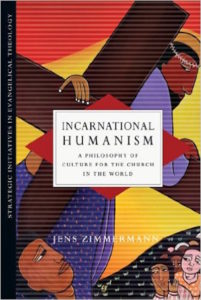 A Philosophy of Culture for the Church in the World
A Philosophy of Culture for the Church in the World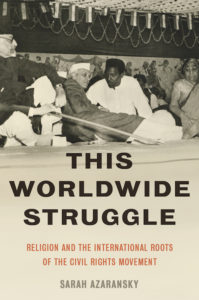 On the Civil Rights Movement in its Global Context
On the Civil Rights Movement in its Global Context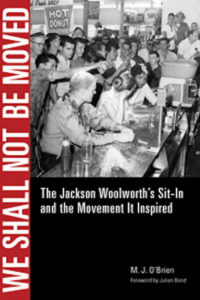 The Jackson Woolworth’s Sit-In and the Movement It Inspired
The Jackson Woolworth’s Sit-In and the Movement It Inspired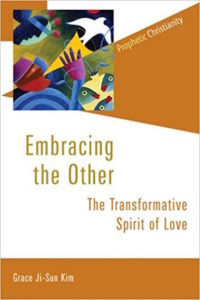 The Transformative Spirit of Love
The Transformative Spirit of Love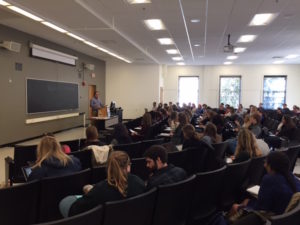 A Critique of the Gun Rights Movement
A Critique of the Gun Rights Movement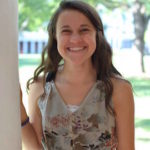 Megan Helbling
Megan Helbling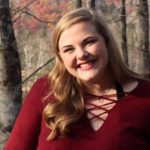 Sarah Katherine Doyle
Sarah Katherine Doyle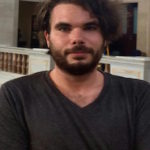 Joseph Kreiter
Joseph Kreiter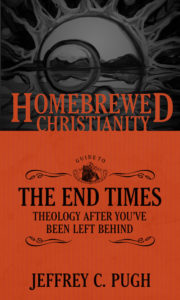 Theology After You’ve Been Left Behind
Theology After You’ve Been Left Behind